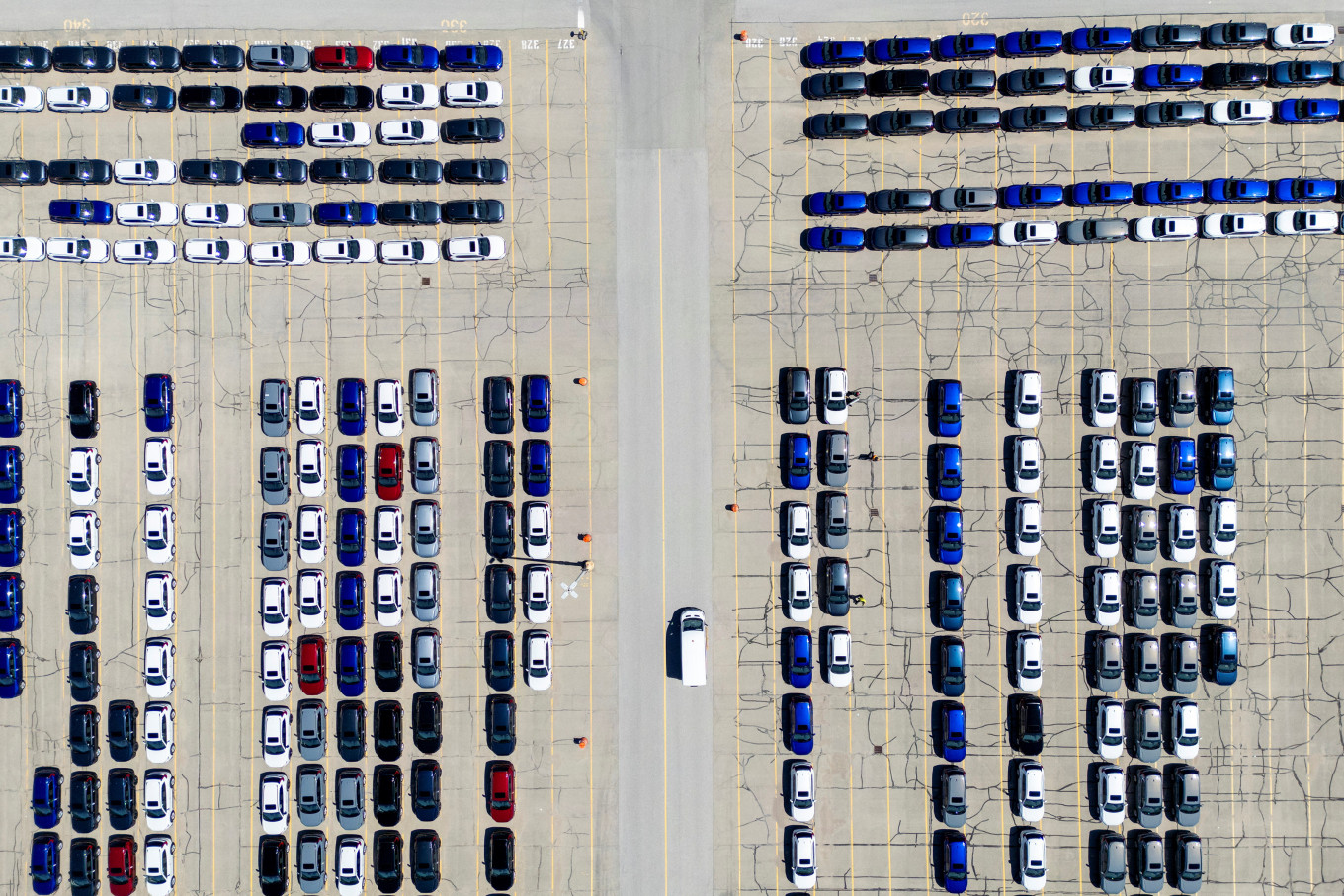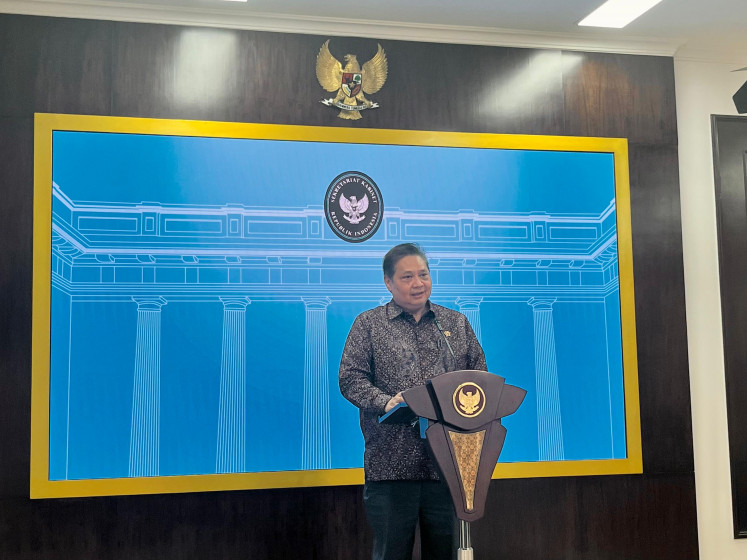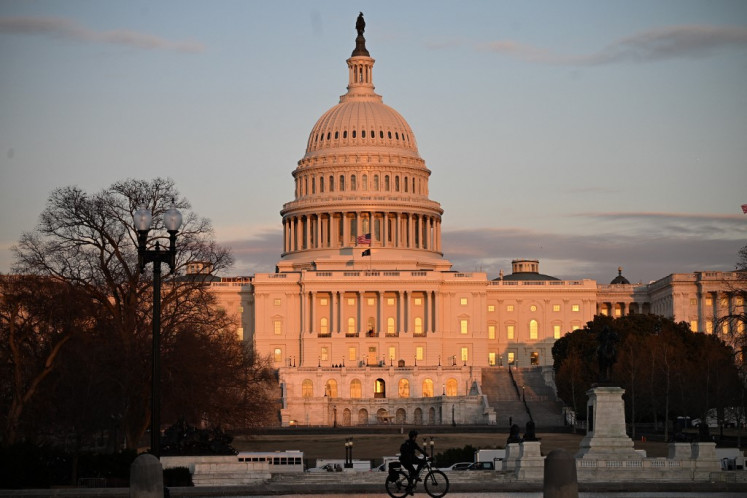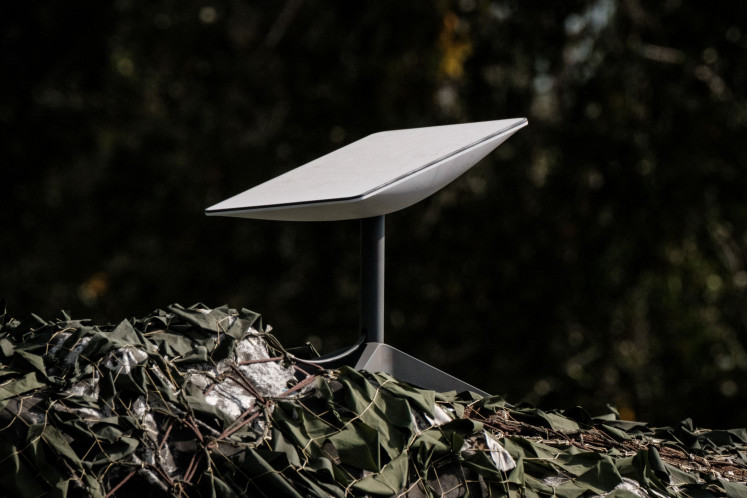Popular Reads
Top Results
Can't find what you're looking for?
View all search resultsPopular Reads
Top Results
Can't find what you're looking for?
View all search resultsUS probes more than 1.4 million Honda vehicles over engine failure
In a letter dated August 20, the regulator said it received 414 reports of the issue in various Honda and Acura vehicles' 3.5-liter V6 engine.
Change text size
Gift Premium Articles
to Anyone
T
he National Highway Traffic Safety Administration is opening a probe into more than 1.4 million Honda vehicles sold in the United States over concerns that connecting rod bearing failures in their engines could lead to complete engine failure.
In a letter dated August 20, the regulator said it received 414 reports of the issue in various Honda and Acura vehicles' 3.5-liter V6 engine.
The investigation covers 2018-2020 model year Acura TLX, 2016-2020 Acura MDX, 2016-2020 Honda Pilot, 2018-2020 Honda Odyssey, and 2017-2019 Honda Ridgeline vehicles.
In 2024, the agency probed 1.4 million Honda vehicles on reports of serious engine issues following the Japanese automaker recalling 249,000 vehicles in November 2023.
Honda issued the recall to address a possible manufacturing defect in the engine crankshaft which could cause the connecting rod bearing to prematurely wear and seize, leading to engine failure.
The US auto safety agency said in the August 20 letter it is opening another investigation to more thoroughly evaluate the scope and severity of the potential issue and to fully assess related safety concerns, following the closure of its previous probe.
NHTSA said that the high volume of engine failure reports in vehicles not covered by the previous investigation poses a potential safety risk.
In early August, Honda said its net profit halved in the first quarter because of US tariffs.
In the first three months of its fiscal year, which begins in April, net profit fell to 196.67 billion yen ($1.33 billion), a drop of 50.2 percent year-on-year, the firm said.
Revenue dipped 1.2 percent to 5.34 trillion yen.
The Trump administration in April imposed a 25 percent levy on Japanese cars imported into the United States, dealing a hefty blow to Japan and its crucial auto sector.
However, Honda, Japan's second-biggest automaker after Toyota, has managed to withstand the pressure better than its Japanese competitors.
More than 60 percent of the vehicles it sells in the United States are built there, the highest percentage of all major Japanese automakers, according to Bloomberg Intelligence auto analyst Tatsuo Yoshida.











